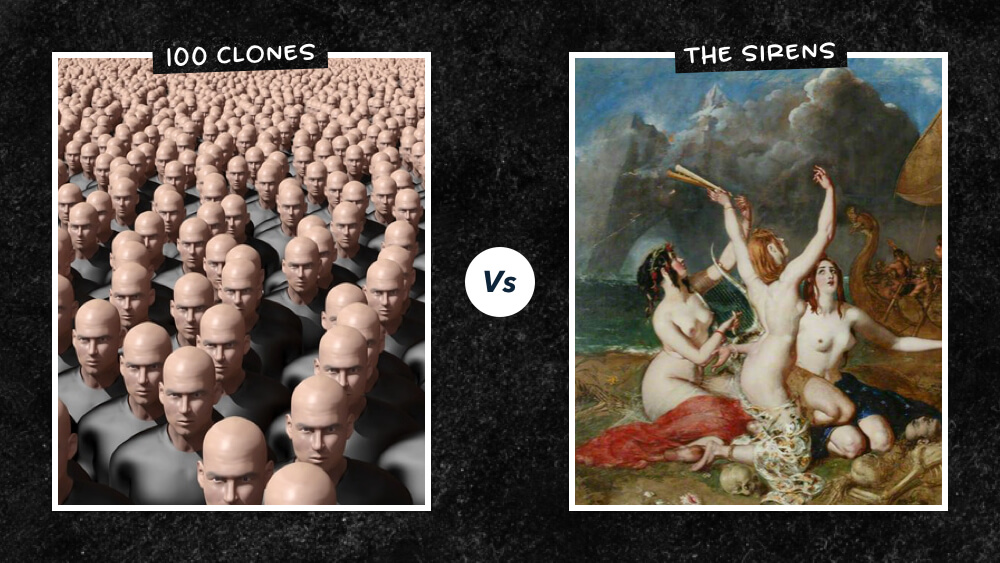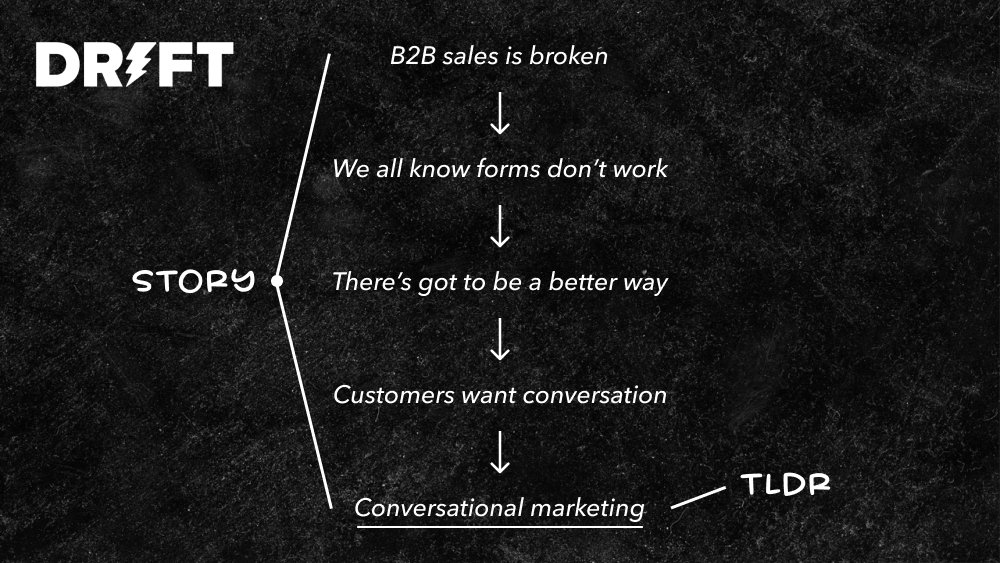“Positioning is like finding a seat on a crowded bus”
Most brands sleepwalk onto the bus and sit on top of one another.
The smart brands look left, right, find an empty row, paint their logo on it and sing sweetly like the Sirens.








What was the common denominator in the fastest growing companies like Dropbox, Netflix, Yelp, and Instagram?
— Alex Garcia \U0001f50d (@alexgarcia_atx) May 9, 2021
Growth loops.
Not funnels.
Here are 6 examples of growth loops that will help you acquire and retain users \U0001f9f5 pic.twitter.com/Wu4i8ReQ62
I've studied hundreds of growth-hacking strategies.
— Alex Garcia \U0001f50d (@alexgarcia_atx) May 7, 2021
These 7 are proven to work \U0001f9f5
How did Facebook, Zapier, and Tinder drive growth early on?
— Alex Garcia \U0001f50d (@alexgarcia_atx) May 7, 2021
Growth-Hacking.
PayPal growth-hacked its way to 5M users in 3 months.
Tinder used sororities and frats to 3x their user base.
Steal these 7 growth-hacking strategies that led to millions of users\U0001f9f5
Twitter threads are the new blogs.
— Alex Garcia \U0001f50d (@alexgarcia_atx) May 6, 2021
Over the last 5 weeks, I've 32x my Twitter following posting a thread a day.
These 15 learnings will help your threads go viral \U0001f9f5





I am quite different from your style. I follow the market's volatility very closely. I have mock positions in 7-8 different strategies which allows me to stay connected. Whichever gives best profit is usually the one i trade in.
— Sarang Sood (@SarangSood) August 13, 2019
Anilji most of the time these days Theta only falls when market moves. So the Theta actually falls where market has moved to, not where our position was in the first place. By shifting we can come close to capturing the Theta fall but not always.
— Sarang Sood (@SarangSood) June 24, 2019
This week has been great so far. The main aim is to be in the right side of the volatility, rest the market will reward.
— Sarang Sood (@SarangSood) July 3, 2019
There is a difference between theta decay & fall in vega. Decay is certain but there is no guaranteed profit as delta moves can increase cost. Fall in vega on the other hand is backed by a powerful force that sells options and gives handsome returns. Our job is to identify them.
— Sarang Sood (@SarangSood) February 12, 2020